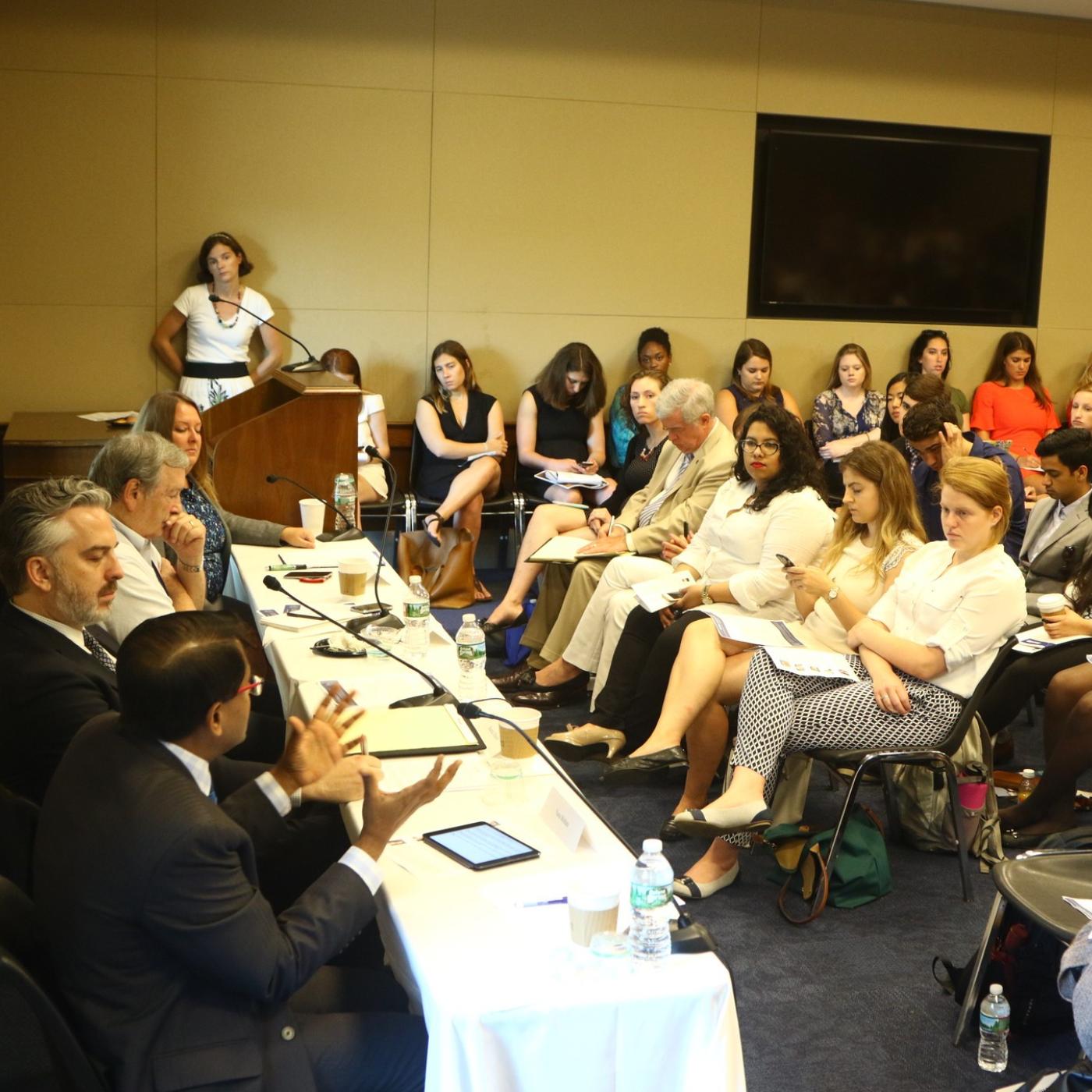Engaging Male Allies For Gender Equality

Despite a persistent call for engaging male allies in efforts to empower women in decision-making roles, alliances between men and women in mature and developing democratic societies continue to be infrequent or unpredictable. These challenges extend down to the household level, where women, particularly from conservative societies, can be excluded from leadership training for basic reasons such as restrictions on freedom of movement or lack of child care.
In order to achieve true gender equality, the perspectives of men must be included. Working with political institutions and their predominantly male leaders, interventions that integrate men and women’s perspectives can provide opportunities to promote change from within and gradually alter traditional attitudes about the role of women and men in public and political life.
The International Foundation for Electoral Systems (IFES) has developed the Male Allies for Leadership Equality (MALE) training module, an addendum to IFES’ women’s leadership training curriculum. This module puts into practice a systemic and practical approach to work toward the understanding that gender equality and women’s empowerment will only be achieved when women and men work together toward that goal. The MALE module works simultaneously to sensitize women and men to the importance of working together to lead political processes and democratic development and includes a practical approach on how to share power. It also provides an organized approach to training men on women’s rights and leadership and demonstrates how to create opportunities for alliances and coalitions between men and women working on democracy and governance.
IFES has used this training module in Haiti, Libya, and Ukraine and will continue to integrate the module into future programming initiatives.



